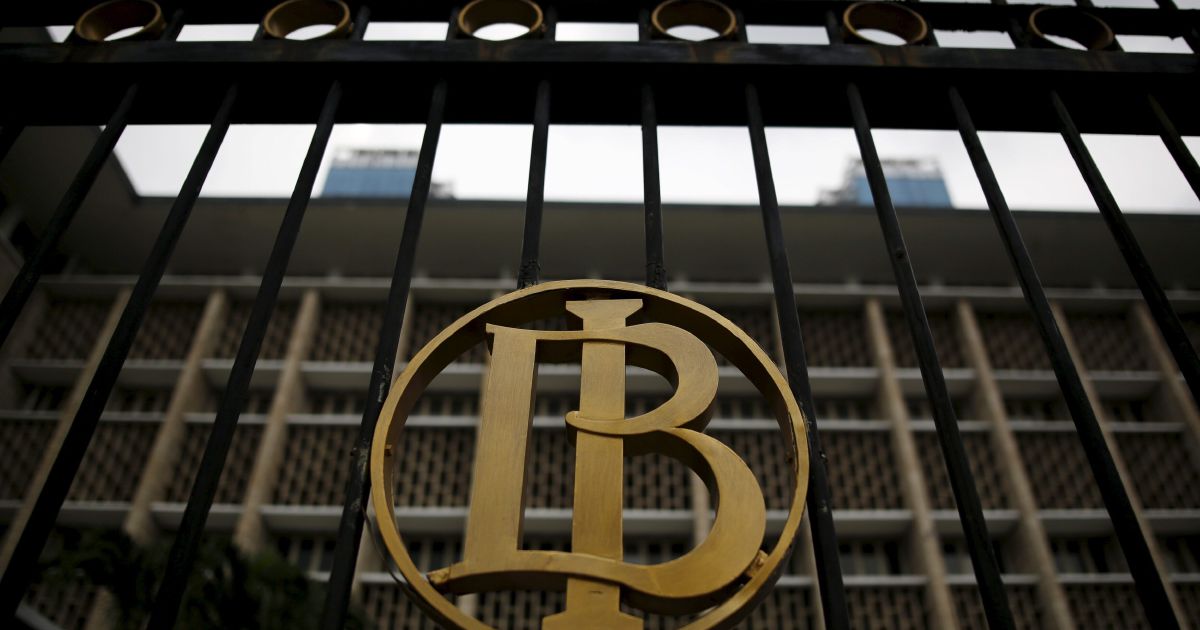JAKARTA: Indonesian equities climbed to their highest in a month on Wednesday after Jakarta negotiated more favourable trade tariffs with Washington, while the local currency slipped ahead of an interest rate decision by the central bank.
The rupiah slipped over 0.1 per cent, while the benchmark Jakarta Composite Index rose as much as 0.8 per cent to its highest lsince mid-June before paring some gains. Shares of Bank Mandiri, one of the country’s largest lenders, climbed as much as 1.3 per cent.
Washington on Tuesday confirmed it had reached a tariff deal with Indonesia, setting duties at 19 per cent on goods imported from Southeast Asia’s biggest economy — well below the previously threatened 32 per cent.
It is also lower than the steeper levies proposed for neighbouring countries, including 25 per cent on Malaysia and 36 per cent on Thailand. The news buoyed sentiment ahead of a policy meeting by Bank Indonesia later in the day, though the market remained split on the likely outcome.
Bank Indonesia has eased monetary policy twice this year but stood pat at its meeting in June. “It’s a close call,” said Radhika Rao, senior economist at DBS, who expects the central bank to keep interest rates steady.
“The overnight conclusion of the trade deal will be positive for IDR-denominated assets, increasing the possibility that BI (Bank Indonesia) might lean into its dovish bias today.” Yet, caution prevails as traders remain all too aware of US President Donald Trump‘s ever-shifting stance on tariffs.
He has often backtracked, altered tariffs rates and timelines, and threatened higher levies since first introducing higher reciprocal tariffs on April 2.
Meanwhile, broader emerging Asian currencies were under pressure after the latest US inflation data suggested tariffs were feeding into consumer prices, pushing the dollar to a 15-week high, prompting investors to scale back their monetary easing bets.
US Treasury yields climbed to multi-week peaks after the modest rise in June inflation, lifting the dollar index against a bunch of currencies.
Eugene Leow, a senior rates strategist with DBS, said market participants were starting to get uncomfortable about the mix of events with US stock indexes and dollar taking note of the jump in yields.
The Philippine peso and Thai baht were among the biggest losers, each falling around 0.3 per cent, while the Taiwan dollar also lost ground. In equity markets, Malaysia’s Kuala Lumpur index fell 0.3 per cent, Seoul’s benchmark declined 0.6 per cent, and Manila stocks dropped 1.6 per cent to its lowest level since late June.
Bucking the regional trend, Singapore’s Straits Times Index extended its rally, setting a record for the 11th consecutive day, while Taipei’s benchmark climbed roughly 1 per cent to reach its highest level since late February.
© New Straits Times Press (M) Bhd






